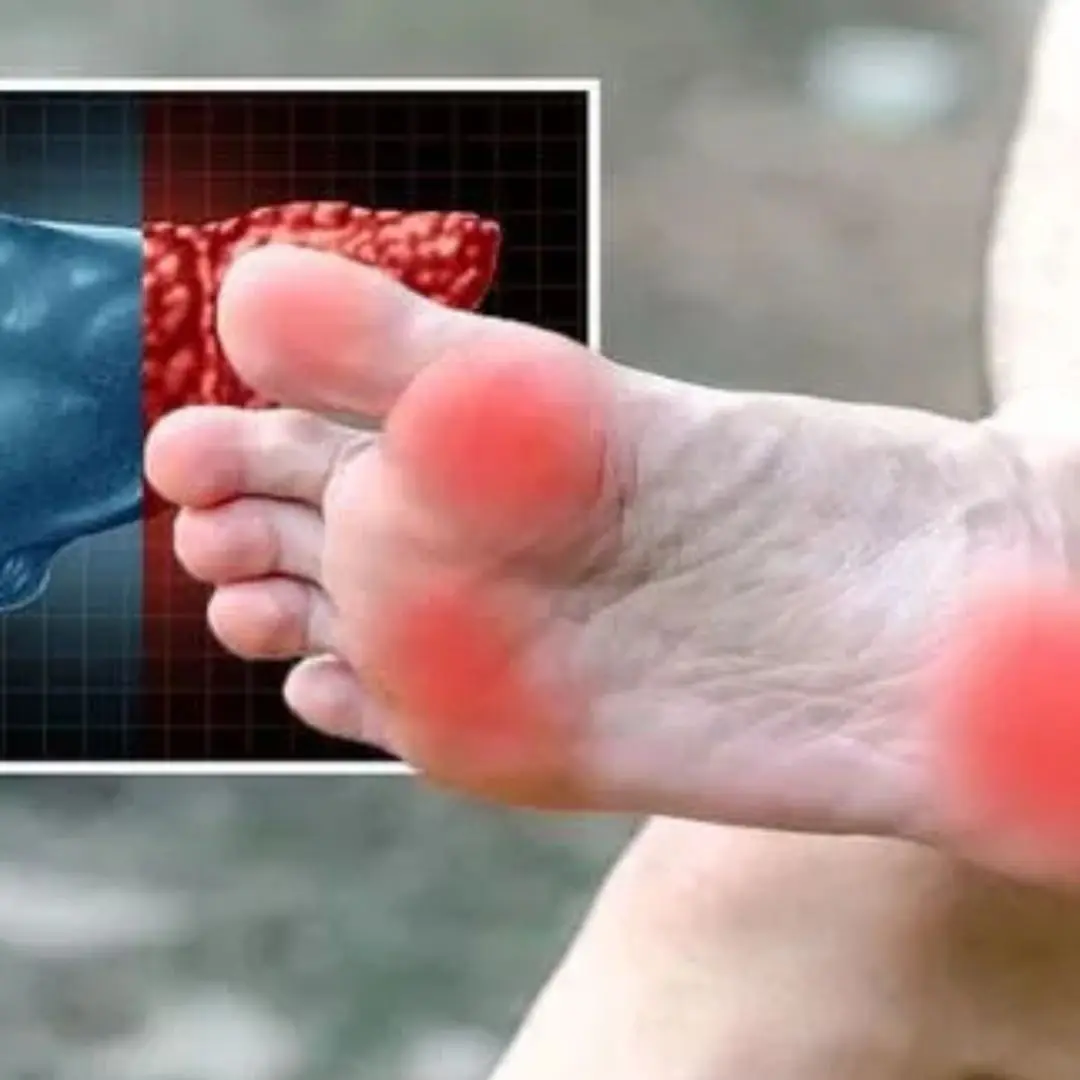
Can Guava Leaf Tea Really Cure Diabetes?
Can Guava Leaf Tea Really Cure Diabetes? A Doctor Explains the Mechanism and What It Actually Does
Everyone loves natural remedies—like drinking guava leaf tea to treat diabetes. But do you really know the truth behind this?
Dr. Duong Minh Tuan (Endocrinology – Diabetes Department, Bach Mai Hospital) shared that in clinical practice, he often meets newly diagnosed diabetic patients who, before even fully understanding their condition, have already received advice from friends or family: "Just drink guava leaf tea daily and you’ll be cured."
It’s understandable that patients are drawn to this approach—it’s natural, non-invasive, and easy to do. But is that really all it takes to manage the disease?
Guava Leaves for Diabetes: Limited Evidence from Research
According to Dr. Tuan, guava leaves are a well-known herb in traditional medicine, described as having a bitter taste and warm nature, associated with the spleen and stomach meridians. Traditionally, they’re used to stop diarrhea, promote fluid generation, and clear summer heat.
In ancient texts, diabetes-like symptoms—referred to as “Xiao Ke” (wasting and thirsting disorder)—were treated with guava leaves to help relieve thirst, frequent urination, dry mouth, and weight loss. This application was based on the principle of clearing heat and generating fluids. Many people today boil guava leaves and drink the tea daily.
From a modern pharmacological perspective, studies show guava leaves contain flavonoids, particularly quercetin, which has the ability to inhibit the enzyme α-glucosidase. This slows down carbohydrate absorption and helps reduce post-meal blood sugar spikes.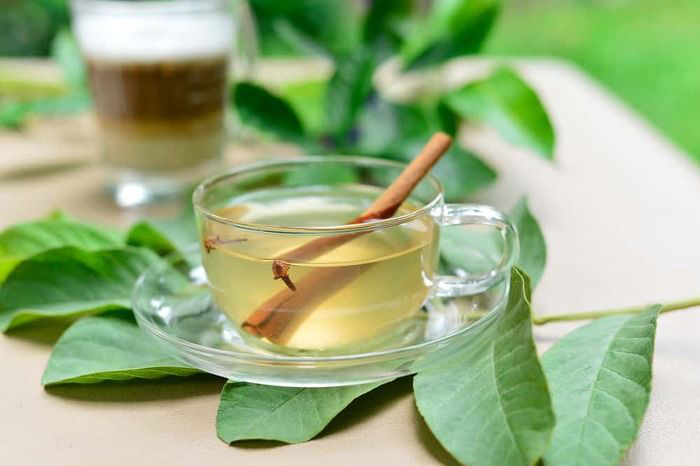
Some small-scale clinical trials have reported that guava leaf tea may help lower blood glucose and improve HbA1c levels in people with prediabetes. In Japan, several guava leaf tea products are marketed as functional foods, not medicines, and are labeled as supporting blood sugar control.
“However,” Dr. Tuan emphasized, “current evidence remains limited. Most studies have small sample sizes, short follow-up periods, and lack standardization in terms of guava leaf sourcing and active compound concentrations. To date, no major medical organizations—such as the American Diabetes Association (ADA), the European Association for the Study of Diabetes (EASD), the Endocrine Society, or the Vietnam Association of Diabetes and Endocrinology—have issued official recommendations for using guava leaves to treat diabetes.”
Natural Remedy—but With Risks When Uncontrolled
“Using herbal remedies without controlling the dosage, preparation method, or timing can lead to unintended side effects,” Dr. Tuan warned. These may include:
-
Drug interactions
-
Unexpected hypoglycemia (dangerously low blood sugar)
-
Digestive issues if consumed in excess over a long period
More seriously, some patients stop their prescribed medications entirely in favor of “natural therapy,” which often leads to poor blood sugar control, early complications, and more difficult recovery.
This is especially dangerous for patients with type 1 diabetes, a form of the disease that completely depends on insulin for survival. Their bodies produce little to no insulin, and if they don’t receive insulin injections, blood sugar can rise uncontrollably—leading to diabetic ketoacidosis, coma, and even death. For type 1 patients, guava leaves offer no therapeutic value.
Guava Leaves May Support—but Cannot Replace—Proper Diabetes Treatment
Like many other medicinal herbs, guava leaves can offer supportive benefits within a comprehensive diabetes management plan—but they absolutely CANNOT REPLACE:
-
A scientifically balanced diet
-
Regular physical activity
-
Periodic biochemical monitoring
-
Doctor-prescribed medications and treatment plans
“Diabetes is a chronic and complex disease that requires a scientific, personalized approach based on evidence, under the guidance of trained specialists,” Dr. Tuan emphasized.
Believing in herbal remedies is understandable—especially for those seeking natural solutions with fewer side effects. But that belief must be grounded in real data.
Guava leaves are not a cure for diabetes.
Despite widespread claims and advertisements, they are not a replacement for medical treatment. Used incorrectly, they may delay proper care and cost patients their health.
News in the same category

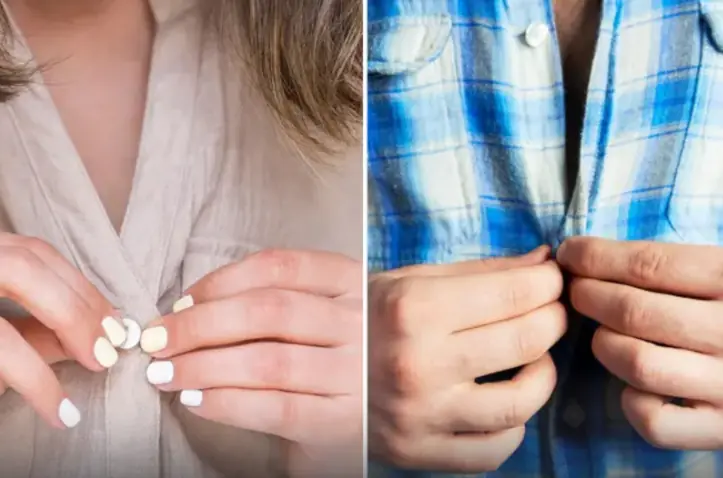
The Button Dilemma: Why Do Men's and Women's Shirts Button Differently

How long does a person live, just by looking at the lower body? People with long life often have these 3 characteristics

Even Now, Many People Still Have No Idea What This Tiny Hole Is For

If Your Home Has These 3 Tilted or Misaligned Items, Beware of Sudden Decline in Fortune and Health
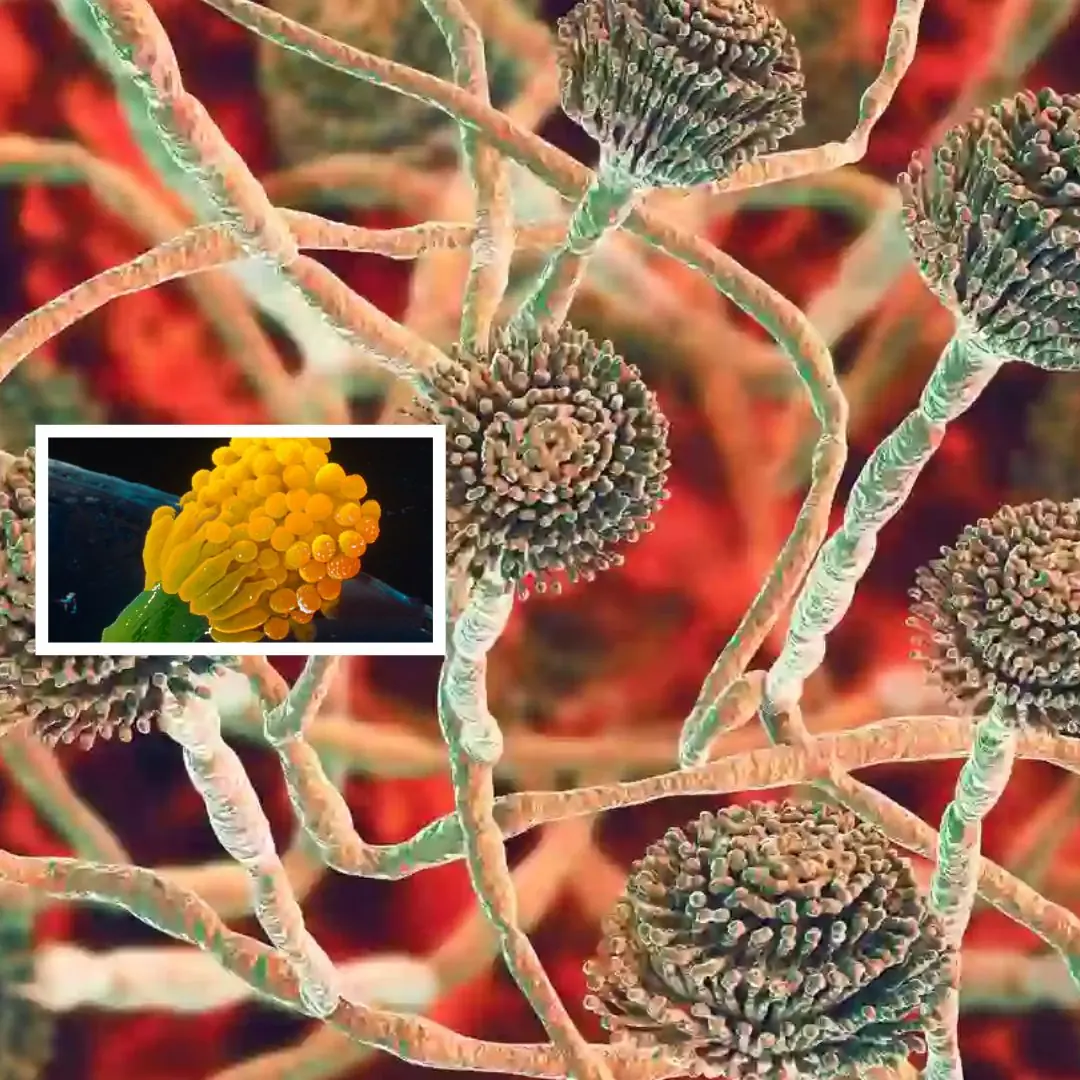
Scientists issue warning for de.a.dly fungus that 'eats you from the inside out' and it could impact millions
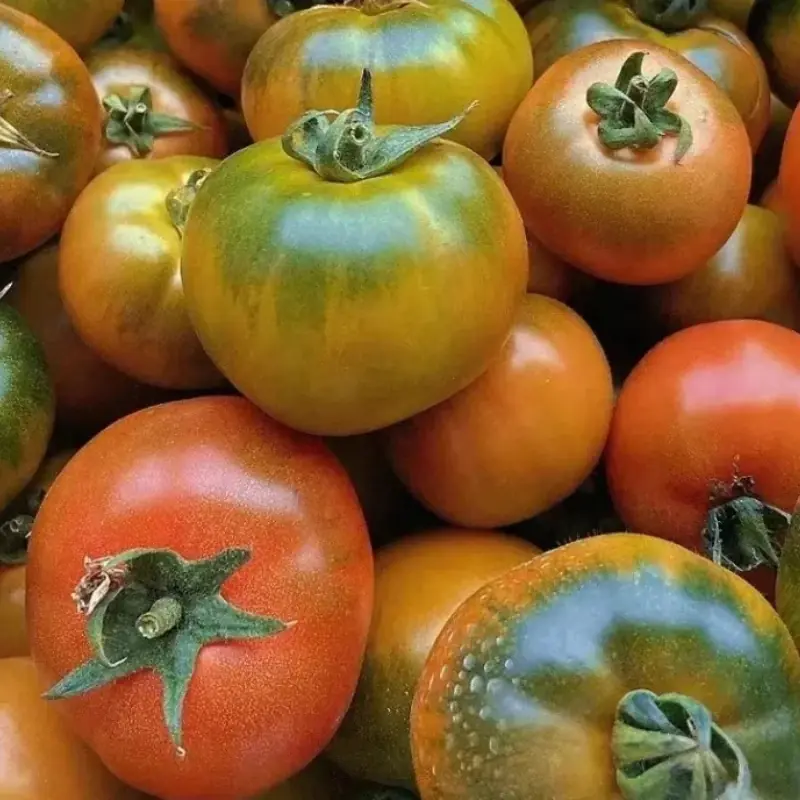
4 ha.rmful types of tomatoes: Even cheap market prices can’t make people buy them
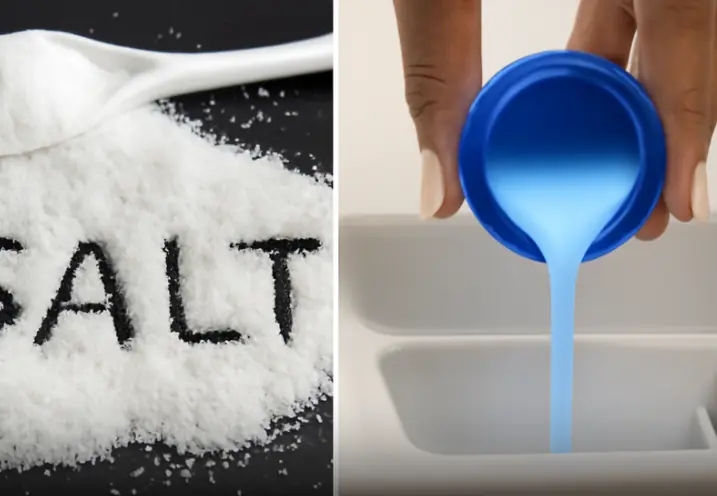
Mix white salt with fabric softener, solve many household problems, save a lot of money

Recognizing the Final Signs: Understanding the 11 Symptoms That Indicate De@th Is Near

Pour this into the kitchen sink, and the grease clogging the pipes will dissolve completely

The Hidden Role of the Bed Runner in Hotels: More Than Just Decoratio

Ancient Wisdom Proves True: 4 Signs at Home Indicating You're About to Receive Unexpected Wealt

You’ll Never Believe What Happens When You Put Salt Under Your Bed

3 Types of Fruit Loved by Cancer Cells — Sellers Never Touch Them, But They’re Often Found on Many Families’ Dining Tables
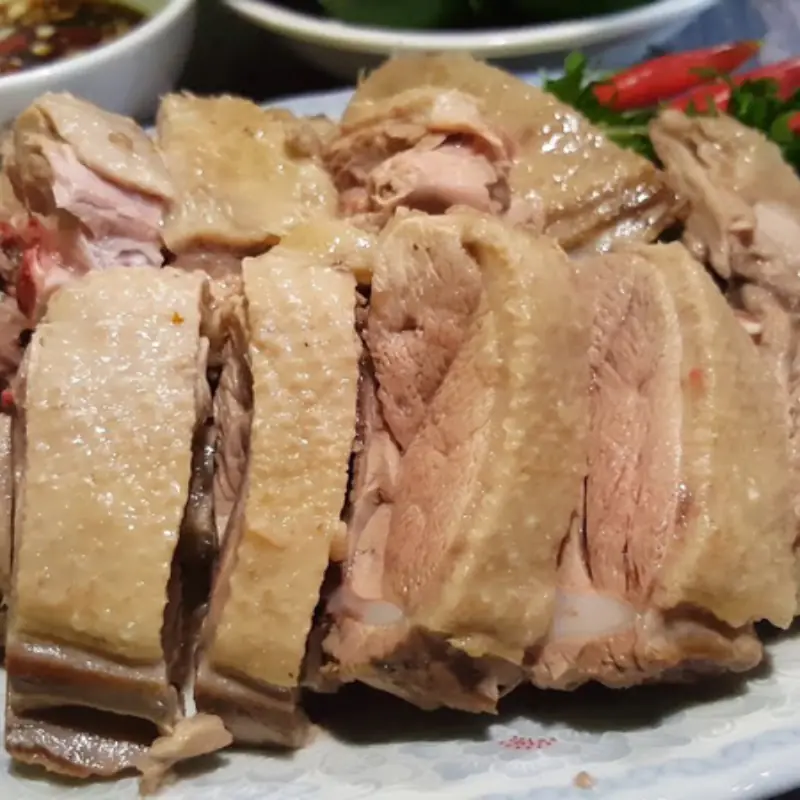
Duck Meat Is Delicious and Nutritious, But It's Strictly Off-Limits for These 3 Groups of People
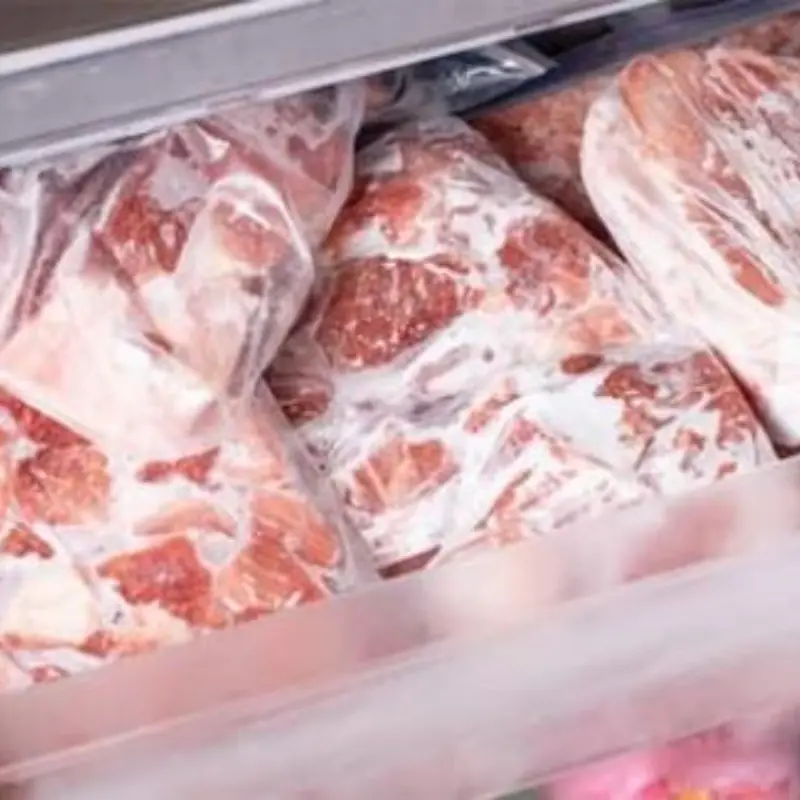
How Long Can Pork Be Stored in the Refrigerator? After This Time, It May Be Full of Bacteria
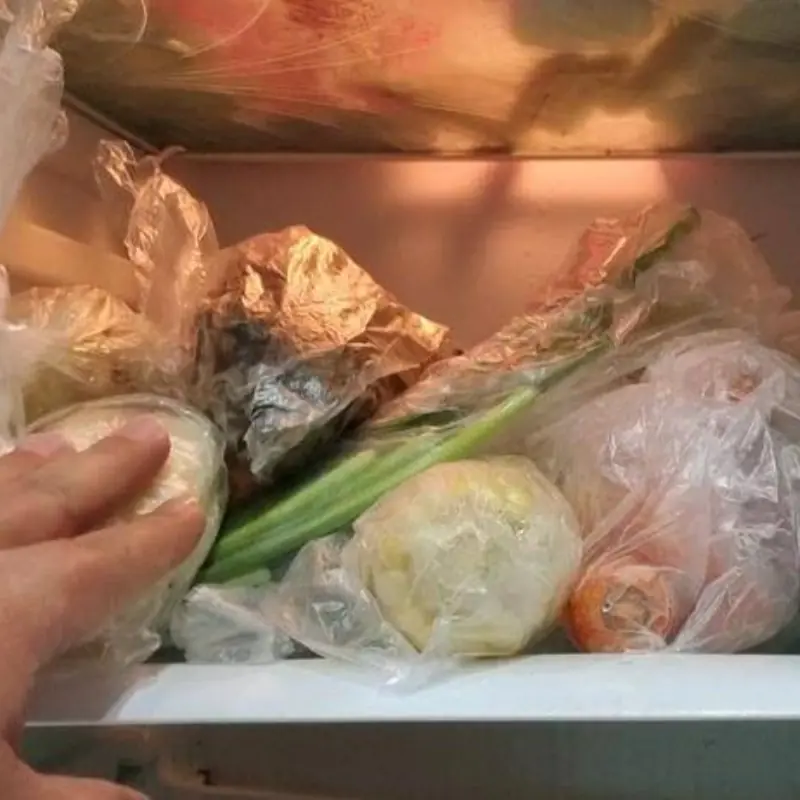
Storing Plastic Bags in the Fridge Causes Cancer? After Hearing the Truth, Many People Rush to Do One Thing Immediately

Two Cooking Mistakes That “Pave the Way” for Various Types of Cancer: Almost Everyone Makes at Least One of Them in Their Lifetime
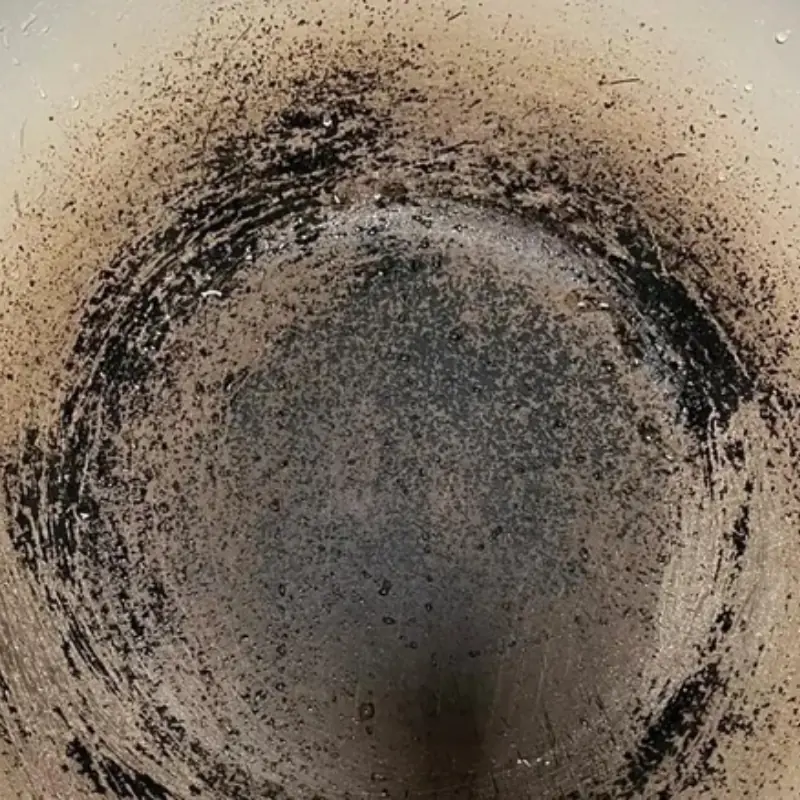
The Seeds of Cancer Start from a Common Kitchen Item: The More You Misuse It, the Shorter Your Lifespan Becomes
News Post

10 Effective Snake-Repellent Plants to Keep Your Yard Safe and Beautiful

The Button Dilemma: Why Do Men's and Women's Shirts Button Differently
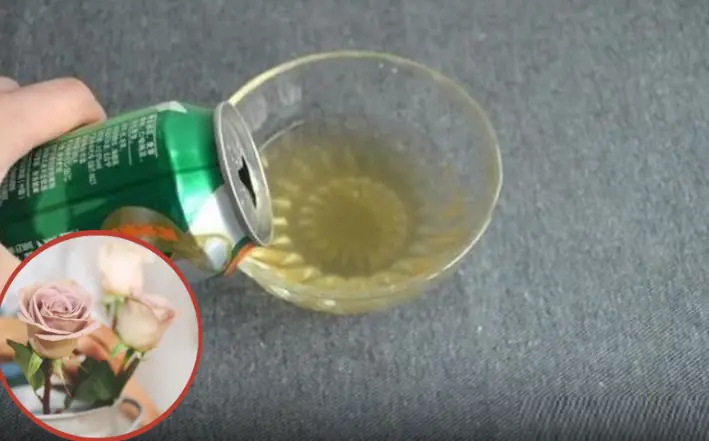
Don’t Toss That Leftover Beer: Discover 8 Surprising Benefits of Keeping I

Why Do Many Believe the Poor Avoid Buying Second-Floor Homes, While the Wealthy Skip the 18th Floor?
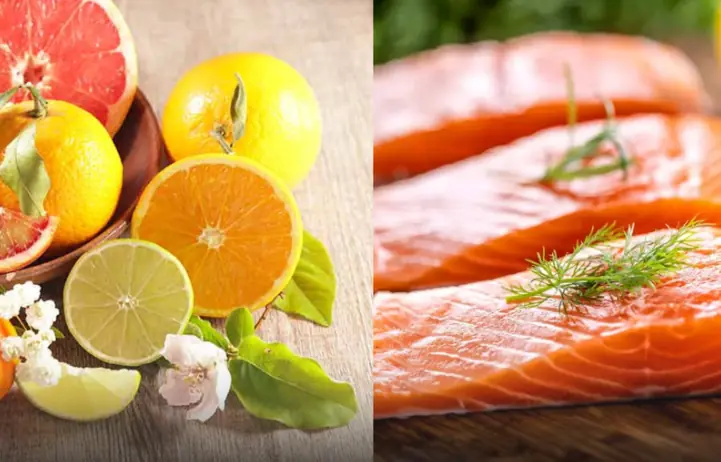
Boost Your Circulation Naturally: Top Foods Proven to Enhance Bl0d Flow and Heart Health
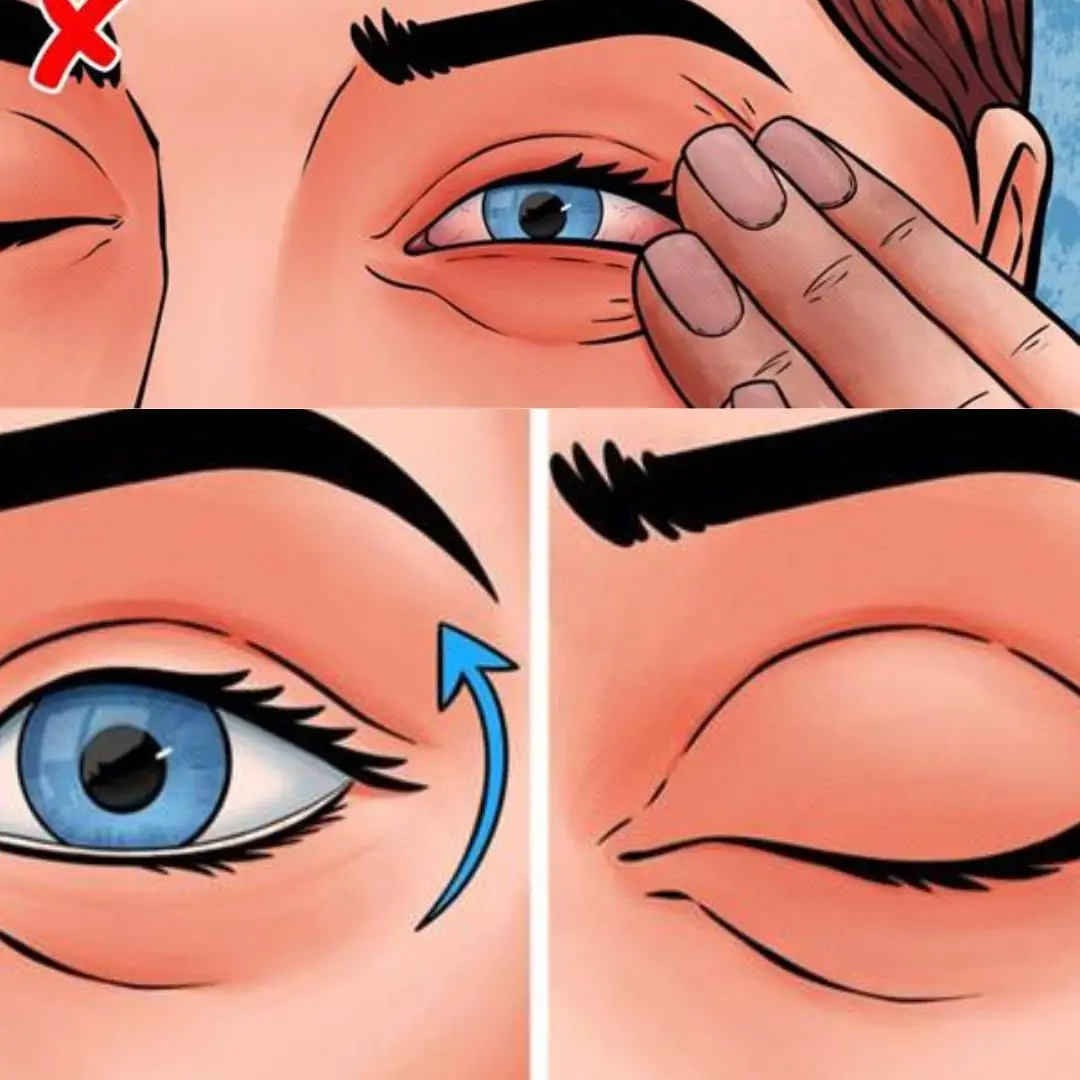
How to remove foreign objects from the eye quickly without causing harm?

Seemingly harmless habits that cause can.cer very quickly: Are you suffering from them?

How long does a person live, just by looking at the lower body? People with long life often have these 3 characteristics
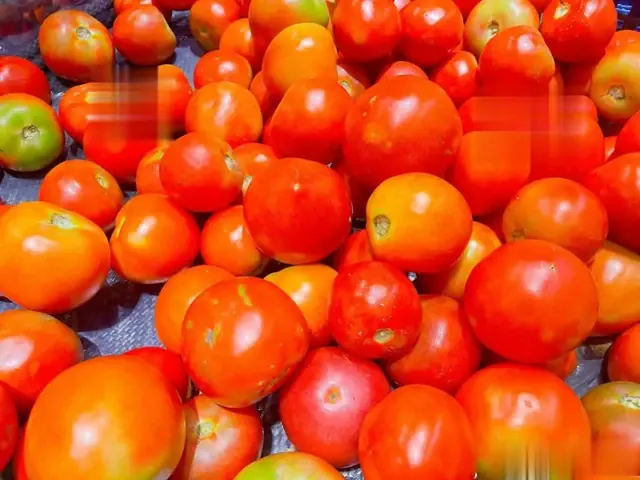
When buying tomatoes, which of these two types of tomatoes should you choose?

Watermelon is cooling but eating it this way can cause poisoning: Many people don't know

Experts show 4 ways to eat instant noodles without toxicity

Don’t Ignore the Signs

We Thought the Inheritance Was Settled—Until a Second Will Tore Our Family Apart

Even Now, Many People Still Have No Idea What This Tiny Hole Is For

If Your Home Has These 3 Tilted or Misaligned Items, Beware of Sudden Decline in Fortune and Health
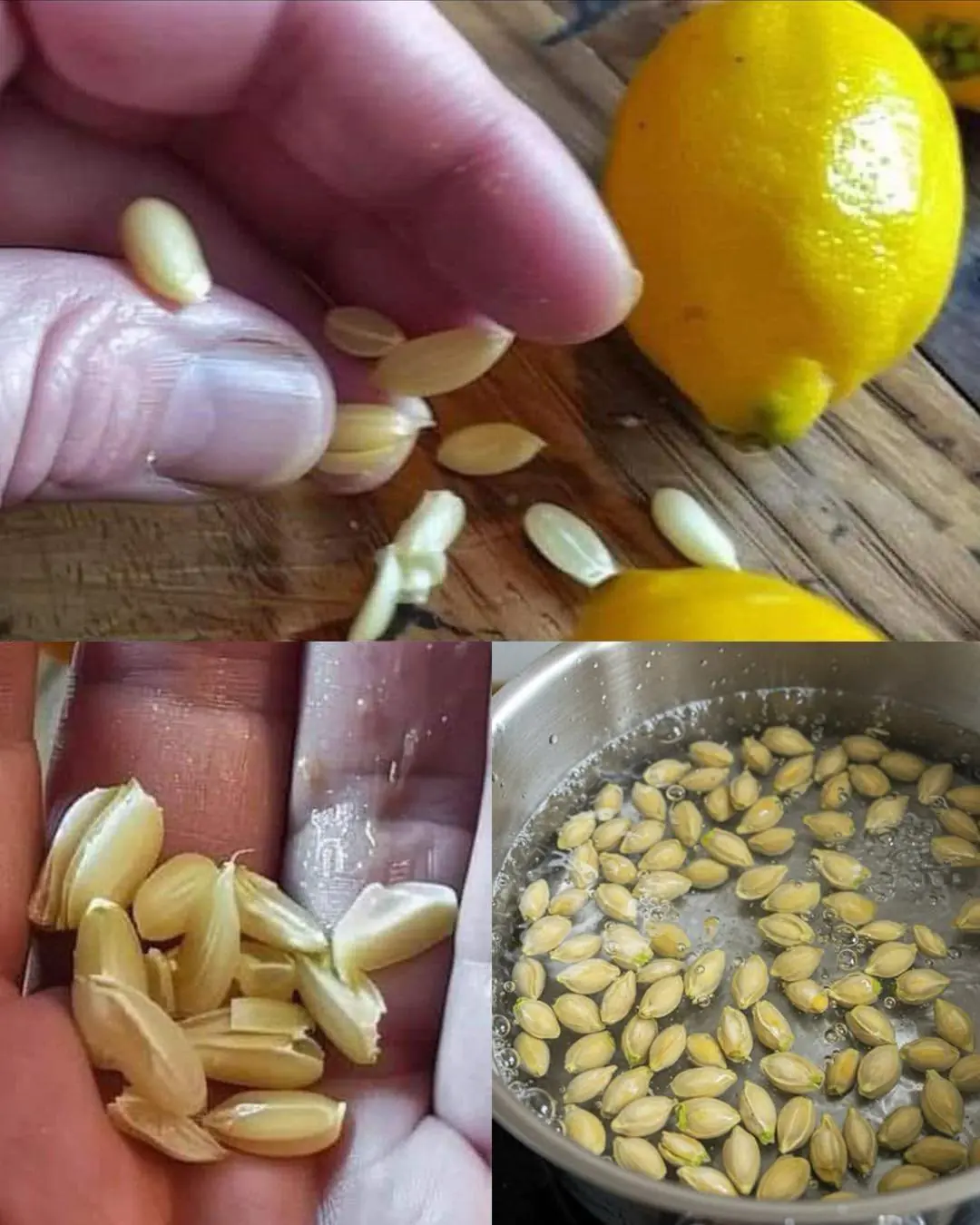
10 Clever Ways to Reuse Lemon Seeds at Home
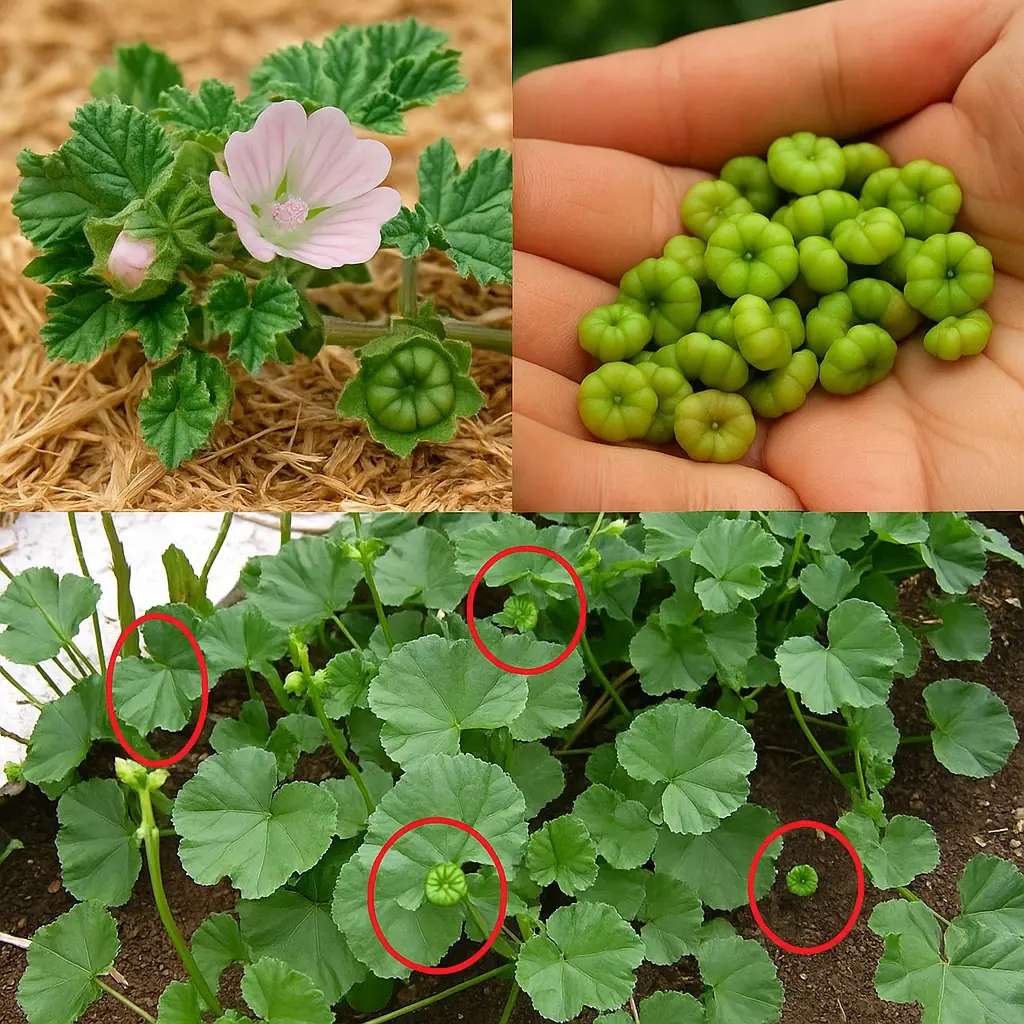
Unlocking the Secret Health Benefits of Common Mallow: Nature’s Wonder Herb for Wellness
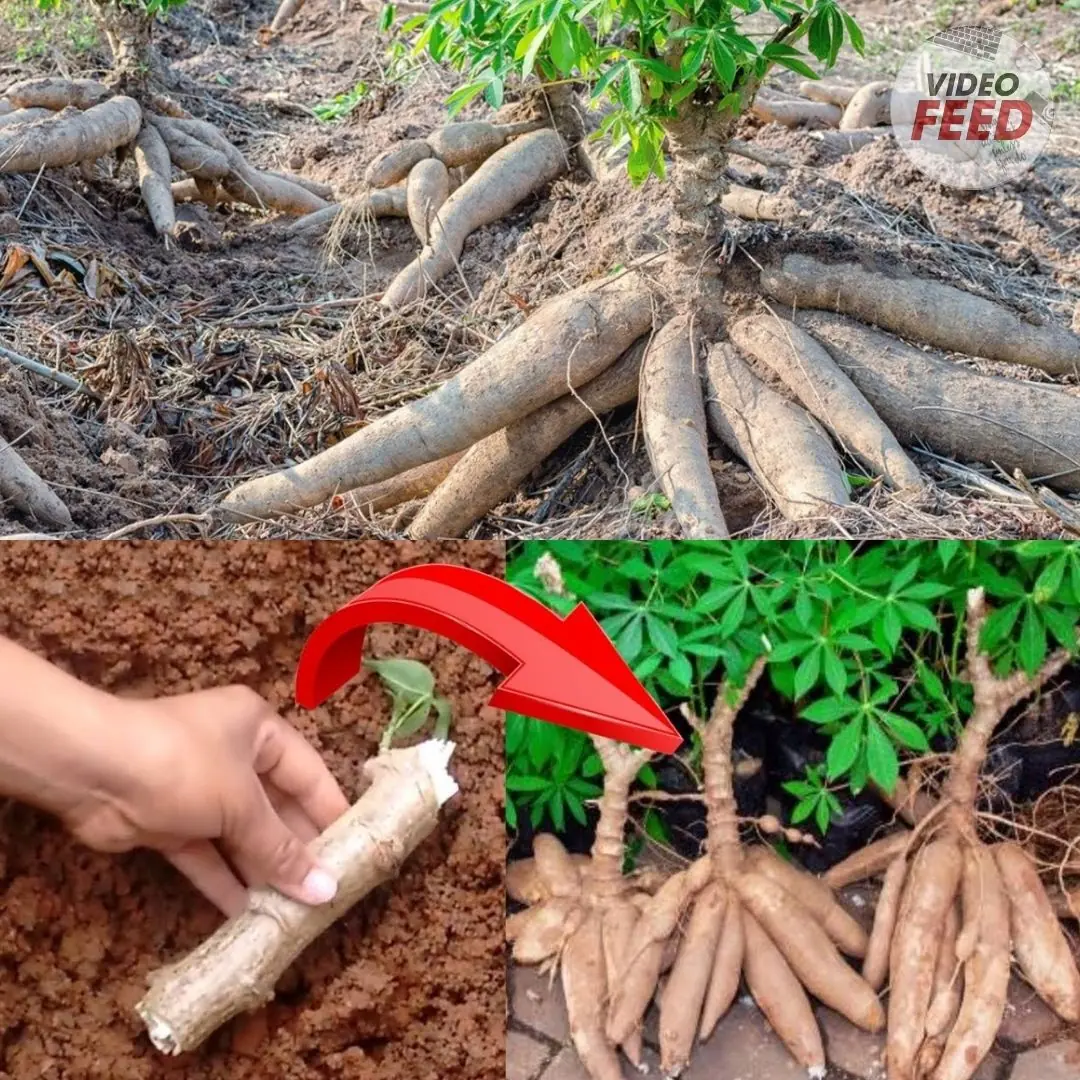
Essential Knowledge for Growing Cassava Successfully
